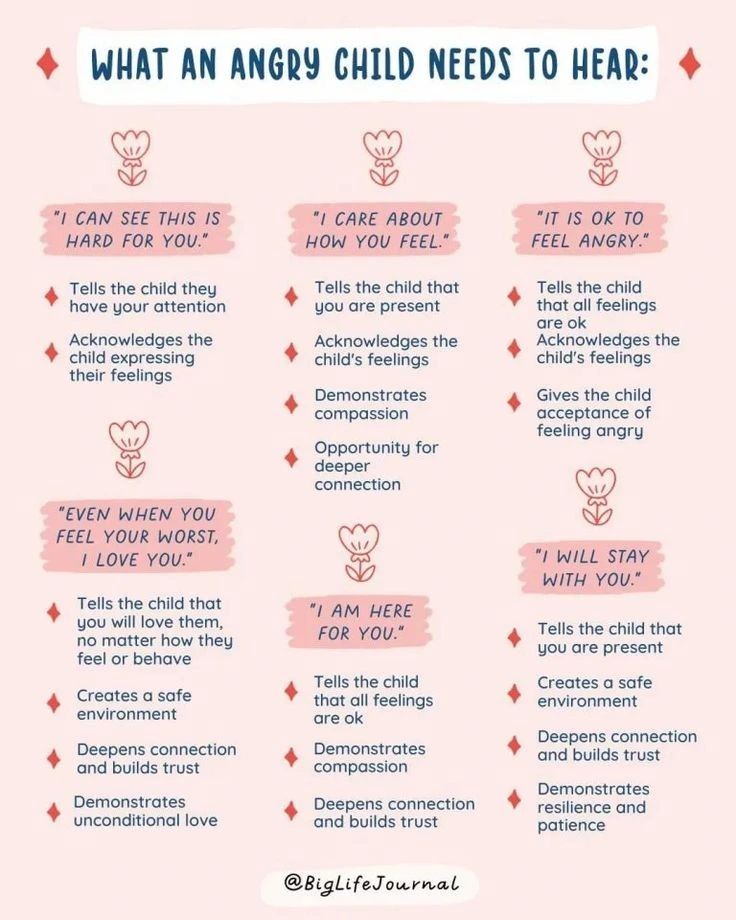Confidence is a state which brings us happiness and certainty when we have it, and at worst anxiety and sadness when we do not.
Developing confidence in children is a matter of giving them access to positive references and reinforcing their belief in their abilities.
Children are reliant upon the adult world for developing their own self awareness. The situations, environment and experiences you expose children to will at times build their confidence and at others challenge it.
Below there are some important elements in expanding and developing children’s confidence.
Reframing
Everyone at some point in life encounters a set back, a sense of embarrassment or other unwelcome and uncomfortable feelings. However these incidents do not need to be damaging to a child’s confidence, in fact they could provide a really valuable learning opportunity.
When something happens that appears to knock your child’s confidence, draw their attention to some of the following “silver linings” that might be available:
-This situation, whilst bad in some way, may have been diverting them or protecting them from something much worse.
-If something like this happens again, they’ll be better prepared for it and will recover faster.
-Is there something positive/funny to come out of this?
-It might be the case that you do not yet know the significance of why this situation is useful to you, but you might look back one day and realise.
-In the great scheme of your entire life, this situation probably makes up 0.0001% of the variety of situations you have had and will have, it is therefore insignificant.
Set a good example
If you want your child to grow into a confident person, they need to see you behaving confidently too. So if you have hang-ups and anxieties, get them ironed out so that they do not learn “lack of confidence” from you.
It’s easy to spot the differences in your characters because our brains are wired to do that. Human beings always look for contrasts. But the truth is your child might be sucking up more of your behaviours than you realise, even the one’s you thought were completely secret.
Praise and feedback
When you experience or hear about your child behaving in a confident way, make a point of praising them for it. You want to encourage more of that behaviour in the future and positive reinforcement is a great way of securing it. It doesn’t have to be a big event, like standing on stage – it might just be the first time that they ask for an order off a menu for themselves, instead of having a parent do it for them. If you can highlight their confidence in the small places, it will encourage them to illuminate it in more meaningful areas too.
If their confidence is not quite up to speed or they avoid a situation in which they could have shone, make sure you tell them what they did well, highlight what they could do even better next time and summarise with what was great about their overall efforts.
By Gemma Bailey www.NLP4Kids.org Remodelled by Ian Davies.
Would your child benefit from 121 sessions helping them to learn new strategies to deal with their challenges? Get in touch…take the first step to help your child reach their potential




